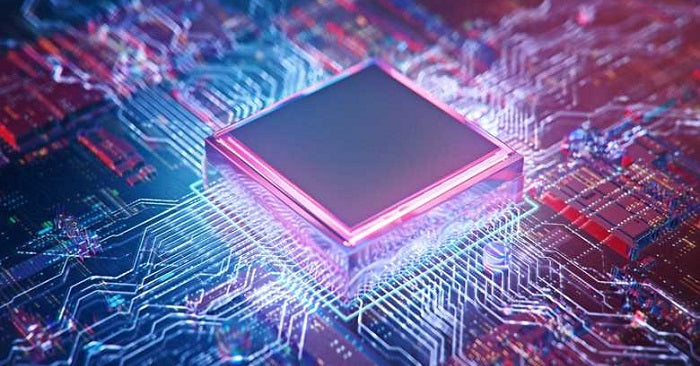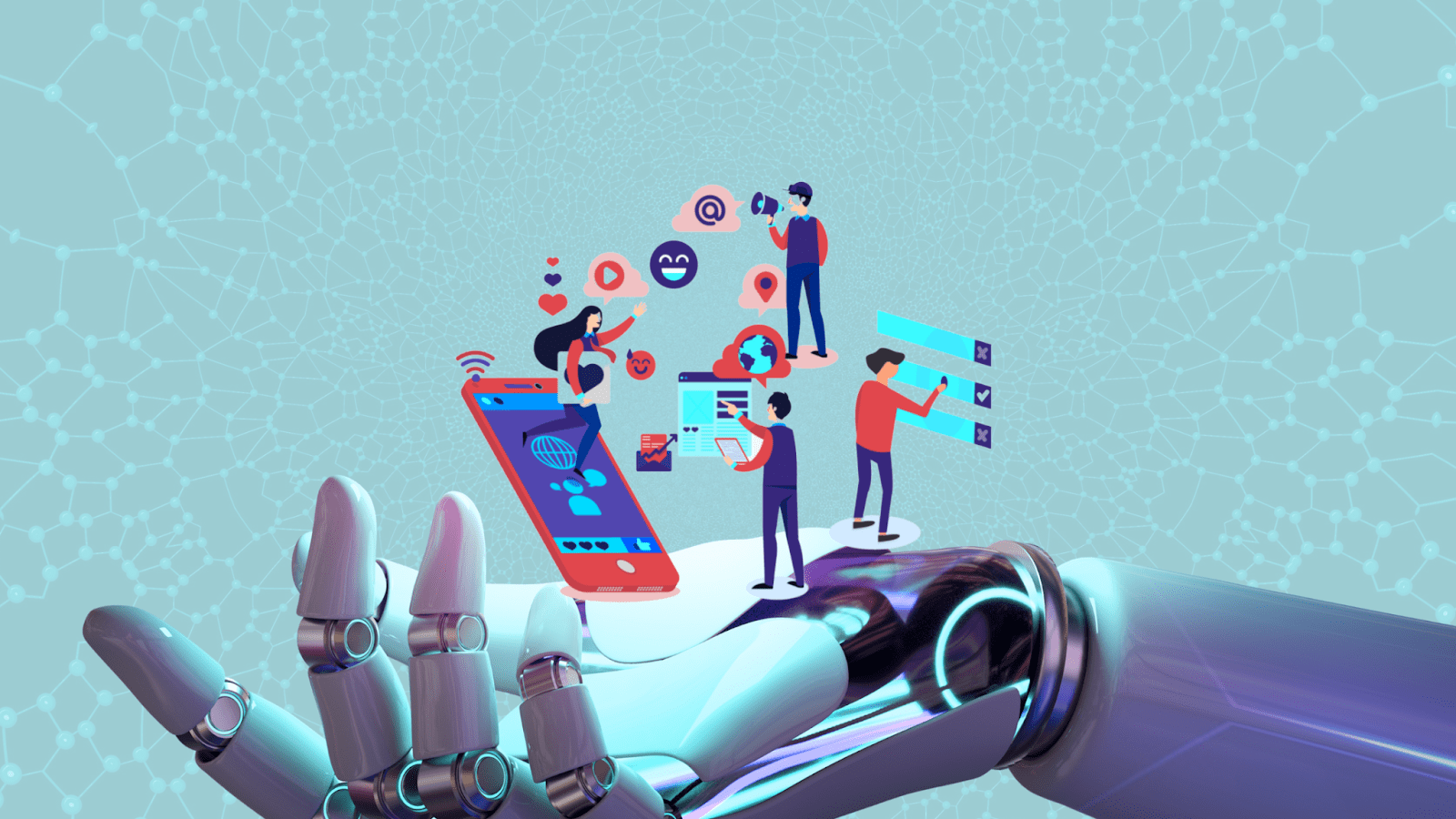The Dawn of the Kilowatt Chip: How AI Hardware is Revolutionizing Digital Transformation

Digital transformation is no longer a new term in the world of technology. It has been a buzzword for a few years now, and it refers to the process of integrating digital technologies into all areas of a business or organization. Artificial intelligence (AI) hardware is a critical component of this transformation, and 2023 is a year of significant advancements in this field.
The integration of AI hardware is an essential component of digital transformation, as it enables businesses to process vast amounts of data in real-time, allowing them to make better decisions and improve the efficiency of their operations. The introduction of the first kilowatt chip, is a significant milestone in the development of AI hardware. This chip will allow for even more significant advancements in processing power, enabling businesses to analyze even more data and make more accurate predictions.
However, the development of the first kilowatt chip is not without its challenges. One of the most significant obstacles is power consumption. As the processing power of AI hardware increases, so too does its power consumption. This is a problem because it limits the applications of AI hardware in certain fields, such as mobile devices, which have limited battery life.
The biggest challenge in the development of the first kilowatt chip, therefore, is finding ways to reduce power consumption without sacrificing processing power. This requires a significant investment in research and development, as well as collaboration between hardware manufacturers and software developers. One solution may be to develop new materials that are more energy-efficient or to optimize the design of existing materials to reduce power consumption.
Another challenge is ensuring that the first kilowatt chip is scalable. Businesses need hardware that can grow and evolve as their needs change, and this requires hardware that is easily customizable and adaptable. Achieving scalability will require hardware manufacturers to develop modular designs that can be easily upgraded or replaced as needed.
Finally, security will also be a significant concern in the development of the first kilowatt chip. As businesses become more reliant on AI hardware, they will become more vulnerable to cyber attacks. Hardware manufacturers must, therefore, ensure that their chips are secure and that they work seamlessly with existing security protocols.
In conclusion, the development of the first kilowatt chip is a significant milestone in the digital transformation of businesses and organizations. However, the challenges of reducing power consumption, achieving scalability, and ensuring security must be addressed to ensure that AI hardware can be integrated into all areas of business effectively.



